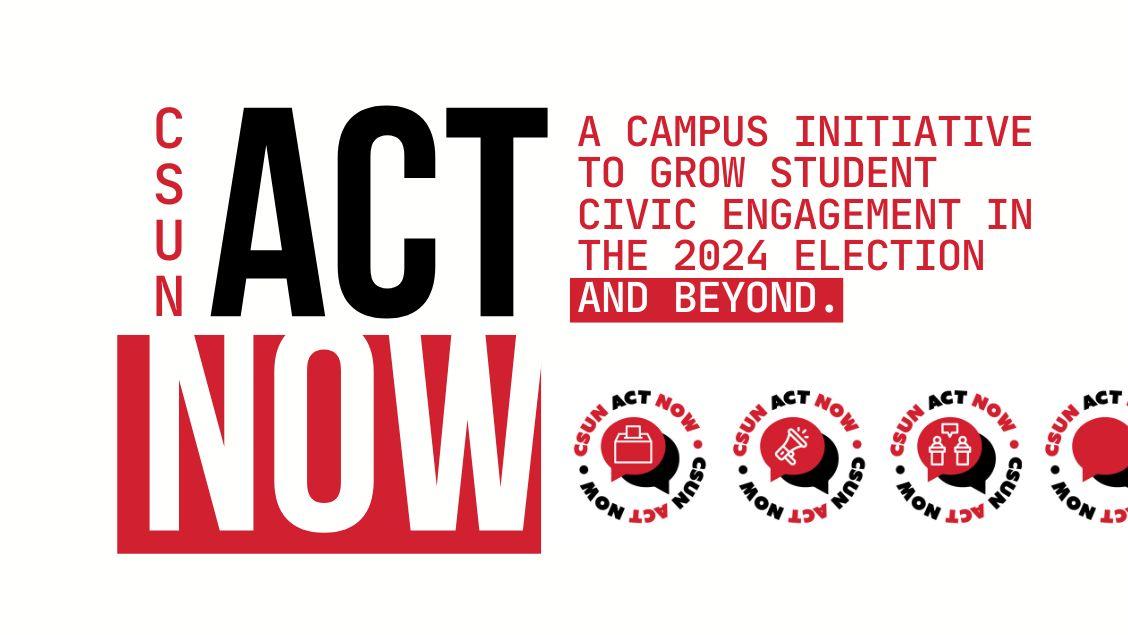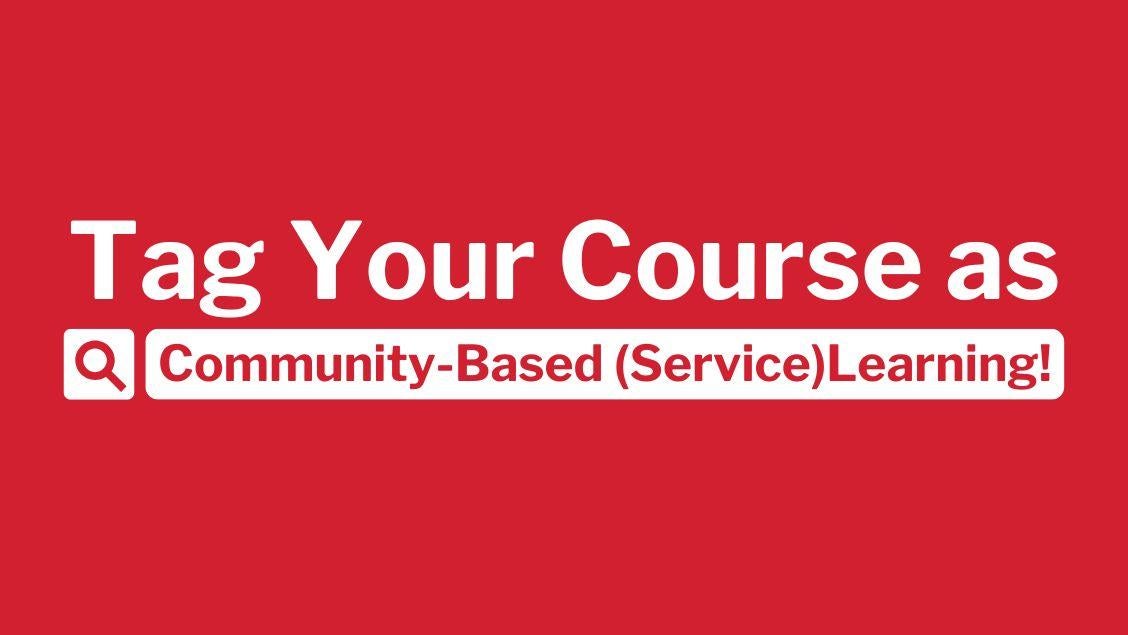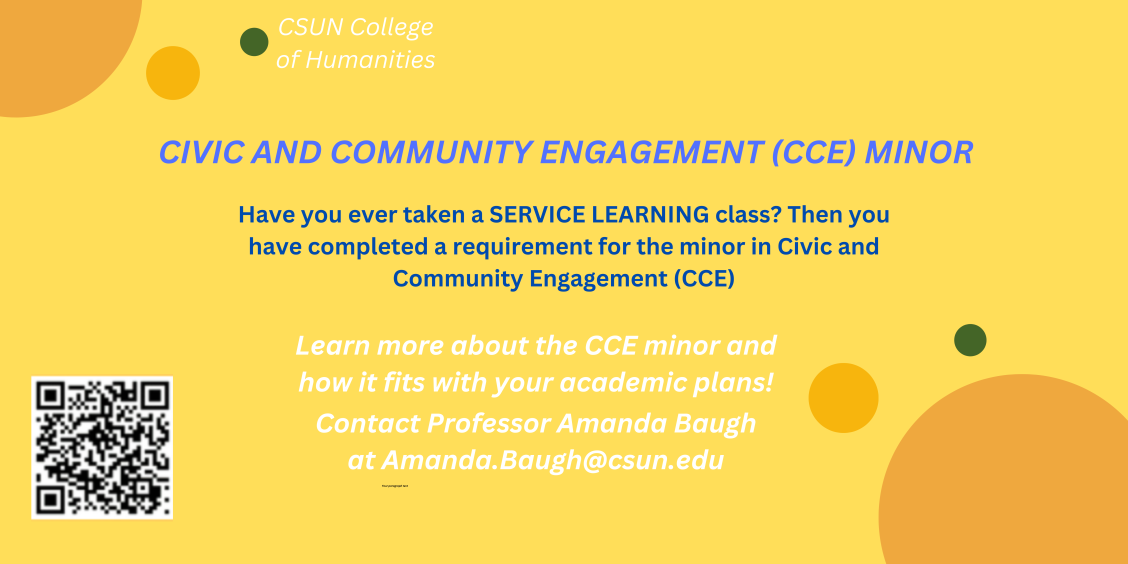
Community Engagement & CSUN Act Now

Contact your College SOLAR Coordinator

Community-Based (Service) Learning

CCE Minor
Service-Learning Vignette:
ENGL 456, “The Age of Enlightenment” (Fall 2013) and ENGL 630DW, “Defiant Women of the Long Eighteenth Century” (Spring 2014)
During the 2013-14 academic year, 50 undergraduate and graduate students (33 undergraduates and 17 MA students) completed approximately 1000 hours of service to the community. In both classes, students connected their experiential activities to the intellectual concerns of eighteenth-century transatlantic literature and culture. By focusing on questions of social justice (Who has access to education? Who has legal agency?), students were able to understand better the continuity between two geographically and temporally disparate settings.
In “The Age of Enlightenment,” students read works of literature including Jane Austen’s Mansfield Park and Laurence Sterne’s A Sentimental Journey to consider issues including poverty, slavery, education, and charity. Alongside this reading, students performed two kinds of service. The first, direct service, took place at a handful of local community agencies. Most students tutored at 826LA, a literacy, creative writing, and educational nonprofit that works with underserved elementary, middle, and high school students in LAUSD. Other students worked at MEND (Meeting Each Need with Dignity), a nonprofit that provides comprehensive services to those who are in need; most students here worked at the food bank or clothing donation center. Still others worked at local public and charter schools to tutor children. The second form of service involved the Digital Humanities. Students worked with the nonprofit site 18thConnect to edit the OCR (Optical Character Recognition) of rare eighteenth-century texts, most of which are held via costly digital databases only available at some colleges and universities. In so doing, students made these works more accessible to a broad range of students; corrected OCR allows visually impaired students to use software to read these texts (which had been previously unreadable because of their formatting), and all of these corrected texts are made available for free to any student. In addition to traditional essay assignments, students wrote weekly online journals in which they reflected on their service experiences and connected them with issues they noticed in their eighteenth-century readings. The culminating activity for the class was a mock conference where small groups of students presented arguments that connected their service with their readings throughout the semester, all of which emphasized questions of social justice.
Reflecting on her experience in class, one student wrote… “While participating with the digital work it felt good to know that we were providing a much-needed service with the annotating and all the other processes. Knowing that I was contributing to a project that would make a centuries old text available to other scholars, students and overall nerds like me, made me feel like I was part of something admirable and bigger than myself. Furthermore the actual technical experience and knowledge I gained will surely be useful in future projects and will enable me to be qualified for academic or professional opportunities that I otherwise would not have been.” And yet another student, reflecting on the way that the project made the literature accessible, recounted, “My favorite part of the course was the work we did with Countess of Dellwyn on 18th Connect, annotating and on Weebly. I have never had the opportunity to do this sort of work before and I found it fun, slightly addictive and expansive. After so many years of reading other annotations, it was a great experience to have the deciding voice of what should and should not be included in an annotation of a text. It made me wonder who might read the work I’ve done and we’ve done as a classroom, and how that might change their viewpoint and understanding of the work as a whole. I am so glad to have contributed to the project that may make this work available and accessible to others on a different level.”
